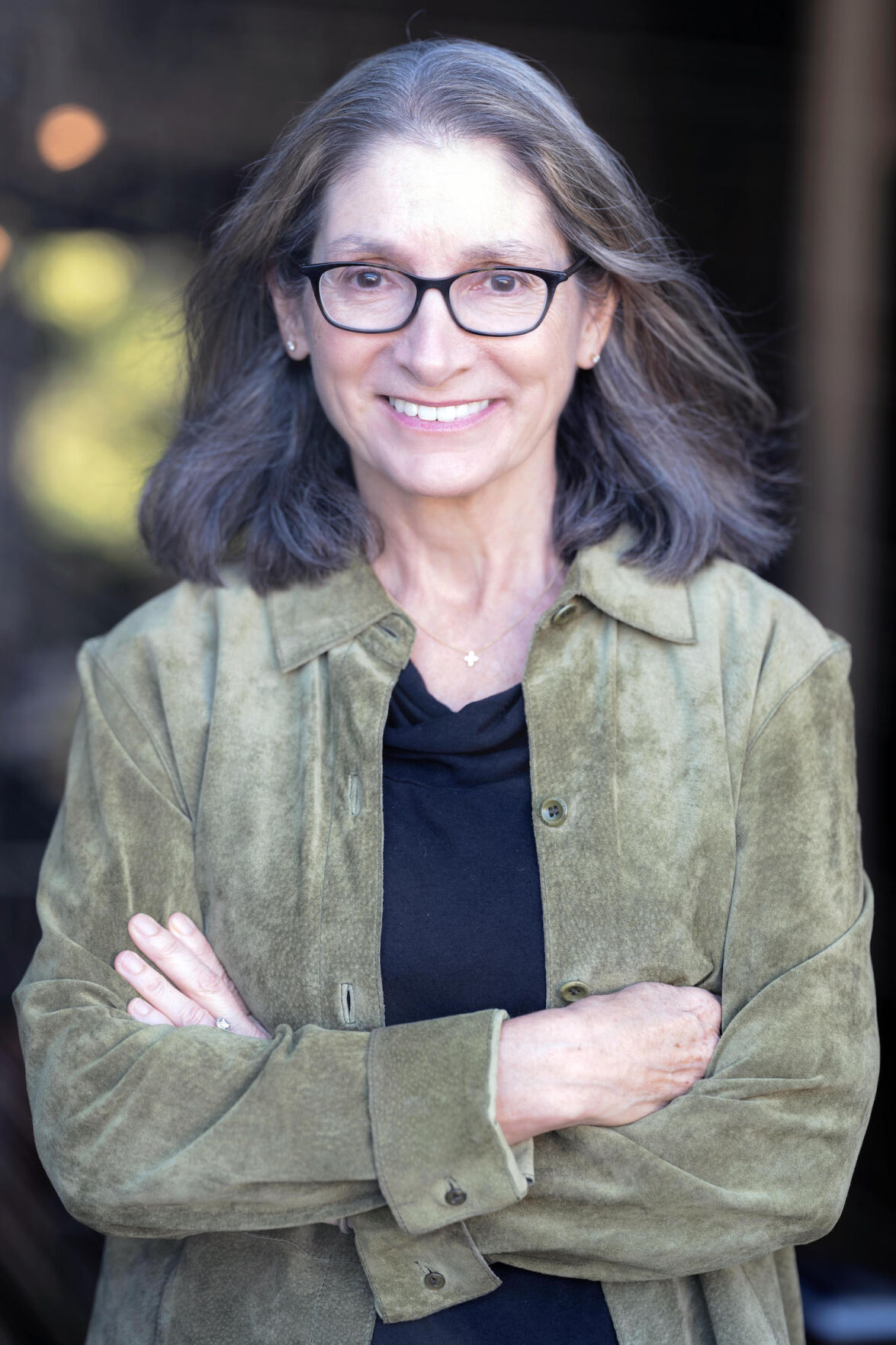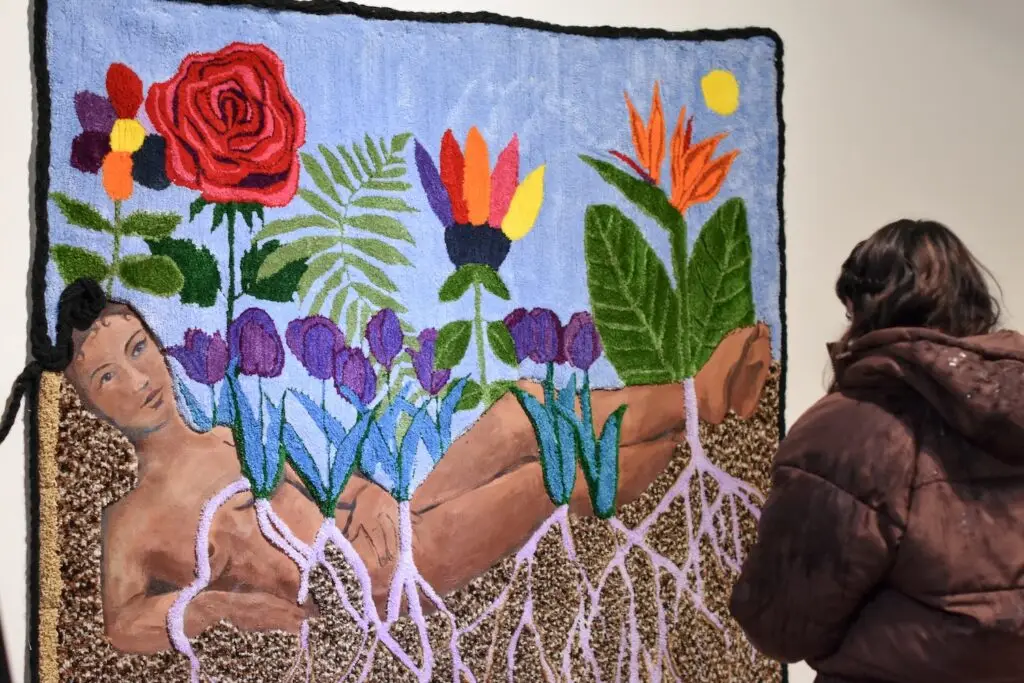
In The Boys, Katie Hafner explores love in the time of Covid.
Katie Hafner was on a bike tour through Italy with her daughter when she got to chatting with one of the guides. She asked if they’d ever had someone be such a problem that they were uninvited from future trips. Turns out, they had.
“The example was like, ‘Oh my God,’ and that’s when my daughter turned to me and she said, ‘Mom, that’s a novel,’” Hafner says. “Most rational people would just say, yes, it is, and leave it at that. But I just decided I needed to write it.” Hafner won’t reveal what that banned bicyclist did—it spoils the ending of the book—but she managed to turn the incredible twist into her first novel, The Boys, published by Spiegel & Grau this year. The book has earned rave reviews in The New York Times and The Washington Post.
The Boys is a breeze to read, with characters who feel alive—thanks to small details like her male lead Ethan loving to re-engineer Furby toys and his girlfriend Barb wanting to get married at The Mütter Museum, which celebrates the oddities of the human body. The characters feel like friends you love catching up with—like when Barb can’t decide what to order at a restaurant, Ethan breaks out his impersonation of Lieutenant Columbo: “Barb, do you mind if I call you Barb? No disrespect intended, ma’am, but I’ve been watching you study this menu and I see your eyes keep coming back to the same thing.”
The plot takes you from a charming and totally believable meeting between the introverted Ethan and everyone-loves-her Barb through their marriage and eventual struggles, especially during Covid. The wife becomes a go-to expert, spending much of her time conducting Zoom media interviews, which drives her husband crazy. Plot twist: Hafner’s husband is Dr. Bob Wachter, the chair of the UCSF Department of Medicine, who became a real-life Covid media celebrity.

katie hafner, the boys poster
Hafner now lives in San Francisco but has deep roots in San Diego. She worked for a time as a business reporter at The San Diego Union (pre -Tribune) covering General Dynamics and the aerospace industry. She first moved here in 1965 when her mom was a mathematics graduate student at UCSD and lived in graduate student housing on Torrey Pines Road while going to Scripps Elementary.
“My mother had no money, so it was really a scrappy existence,” she says. Then in middle school, she moved to the East Coast to live with her dad. But Hafner returned in 1975 to go to UCSD. She says she badly wished she could instead go to Dartmouth, but her family couldn’t afford it. She studied German literature—or, as she likes to tell people, “I studied Kafka—I was obsessed,” and that prepared her for writing her own fiction. She’s previously written half a dozen nonfiction titles.
“I was completely taken by how Kafka in his diaries would go from something that was a pure observation, like, ‘I ate lunch today,’ and in the middle of a diary entry go into one of these crazy inventions of his, like, and then I turned into a bug,” she says. “I felt like a trespasser upon the inner life of this man.” While she doesn’t emulate the surrealism in Kafka’s work, his willingness to stretch the bounds of reality inspired Hafner to stretch from journalism into fiction.
PARTNER CONTENT
“I’m very interested in when our minds go to fiction,” she says. “A lot of what interests me in fiction is you look at something and you think to yourself, what if that happened?”



















